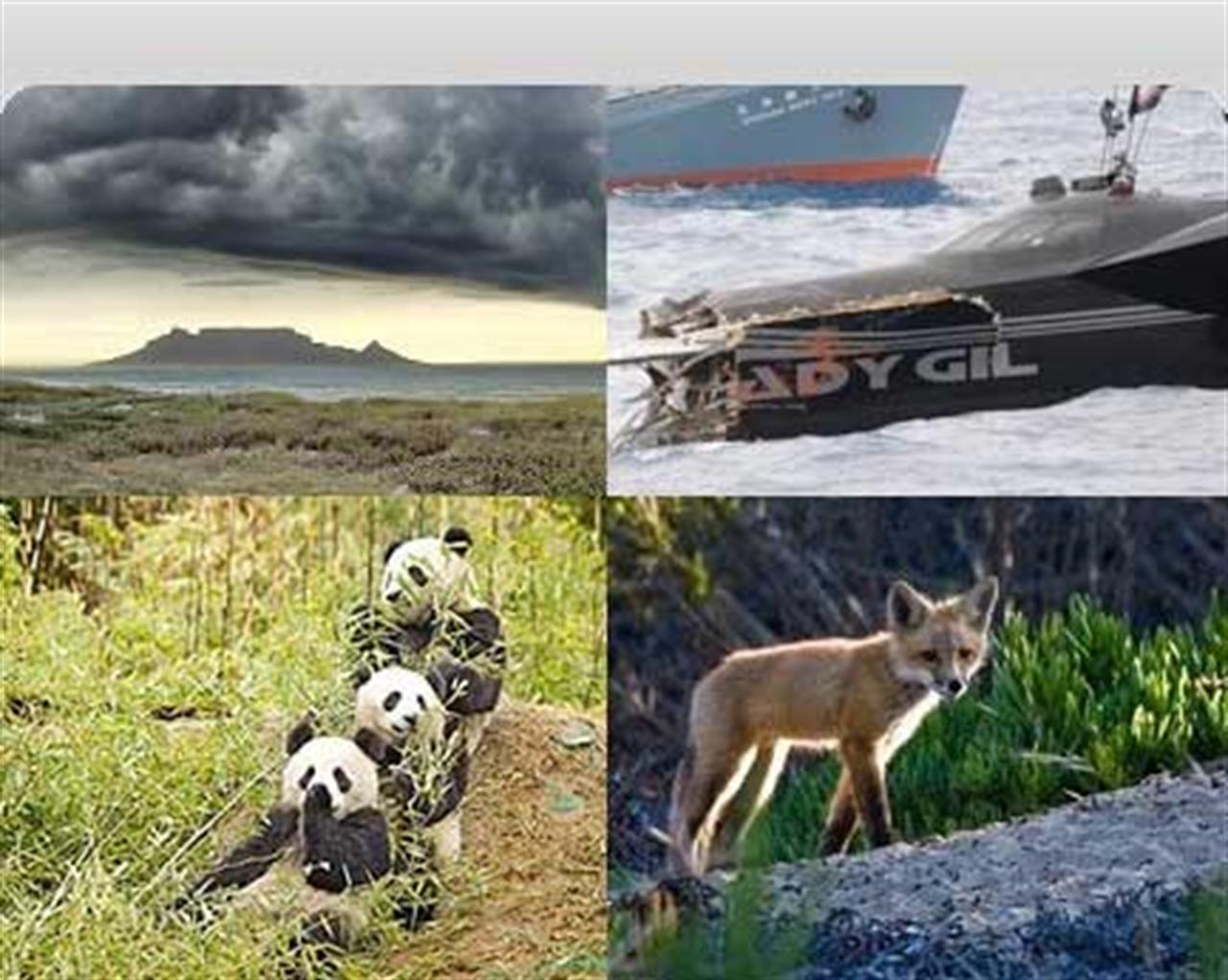Sostenibilità
Good for us, good for business
Loss of biodiversity means increased risks for business, but does the corporate world hear the alarm bells?
di Staff

When delegates from around the world met in Nagoya, Japan, in October to agree on measures to halt the loss of biodiversity, the conference was hailed as “the Kyoto conference for all living things”. But although it was officially declared a success that would guarantee that 10 per cent of the world’s oceans and 17 per cent of its land mass be protected by 2020, new research carried out by London based responsible investiment researchers, EIRIS, suggests that the summit is unlikely to have any effect on businesses and investors.
“All companies affect ecosystems and are dependent on functioning ecosystems to remain in business,” reads the report, which was published last week. “However, the level of understanding over the impact of, and dependency on, biodiversity-related activities is being largely disregarded by the business community.”
The research focused on 1,800 companies and is compliled within a report called ‘COP Out? Biodiversity loss and the risk to investors’. It found that although 58 per cent of them operate in sectors whose business activities have a considerable impact on biodiversity, only 6 per cent of these ‘high impact’ companies have a good policy on biodiversity.
“Over the next few decades ecosystems will be altered faster and more extensively than ever before,” said Carlota Garcia-Manas, Head of Research at EIRIS. “This poses both significant risks for investors as well as investment opportunities around companies producing more eco-efficient goods, services and new technologies”.
The companies doing least to tackle biodiversity were found to be chemicals and pharmaceuticals, construction, property development and road distribution and shipping companies. Secotors with high biodiversity impacts associated with their supply-chain are also failing to take notice of the importance of biodiversity to the world economy.
It was also found that few companies link biodiversity to other key issues such as climate change, air and water emissions, water use and waste.
A key component of the COP10 agreement reached in Japan in October, relates to the access to, and sharing of, genetic resources. Businesses may have to negotiate agreements to maintain access to genetic resources and may be required to pay into an international fund to finance research and projects aimed at protecting biodiversity in developing countries. This will have serious ramifications across various company sectors, with the pharmaceuticals sector likely to be severely hit.
“Investors should take steps to understand the systematic risks that biodiversity loss represents to their investments and use engagement channels to increase business participation in voluntary stewardship schemes to protect biodiversity, especially amongst companies based in medium-impact sectors” said Garcia-Manas.
The UN-backed Economics of Environment and Biodiversity initiative has estimated the annual cost of biodiversity loss at between USD 2 – 4.5 Trillion, representing approximately 7.5% of global GDP.
17 centesimi al giorno sono troppi?
Poco più di un euro a settimana, un caffè al bar o forse meno. 60 euro l’anno per tutti i contenuti di VITA, gli articoli online senza pubblicità, i magazine, le newsletter, i podcast, le infografiche e i libri digitali. Ma soprattutto per aiutarci a raccontare il sociale con sempre maggiore forza e incisività.
